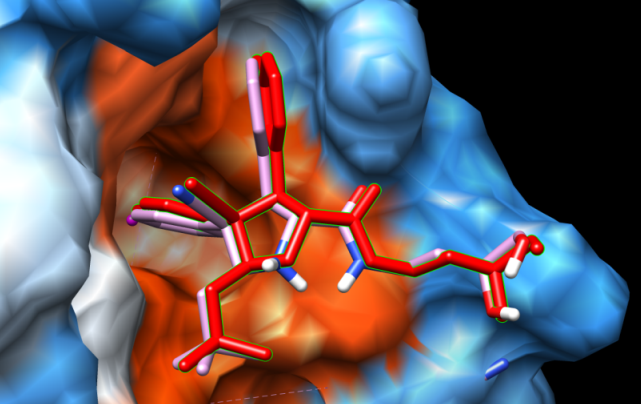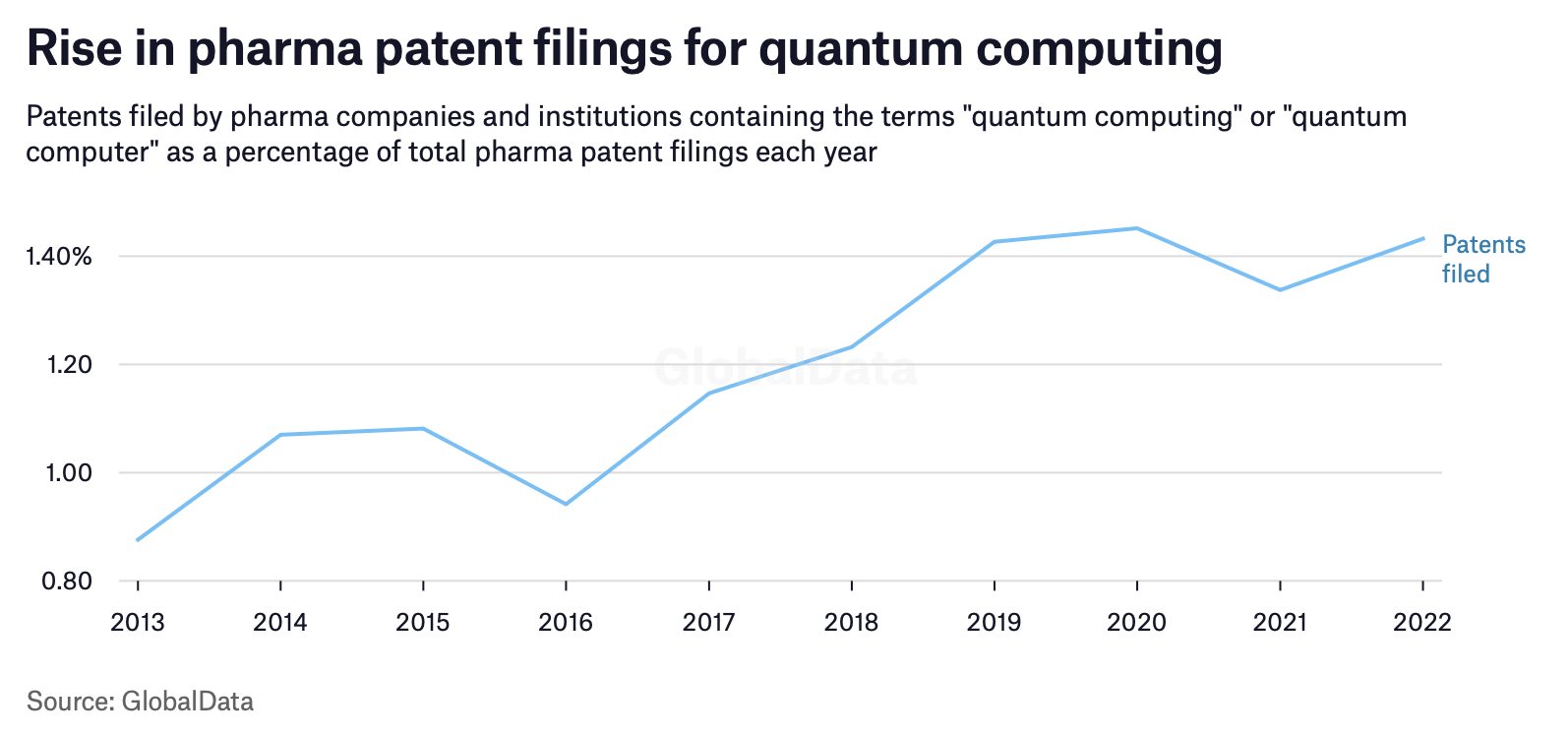Quantum medicine: how quantum computers could change drug development

Although quantum computing is yet to realize commercial benefits, many pharma companies have begun investing in the new technology with long-term goals in mind, Penman says. Over the past decade, there has been a sizeable 70% increase in patent filings related to quantum computing among pharma companies and institutions, according to GlobalData’s Patent Analytics Database. GlobalData’s database compiles and searches publicly available patent filings, confining the search to organizations with a major focus on the pharma sector.

In drug development, there are three main areas where quantum computing is likely to add the most value. First, quantum computing could outperform classical computing in solving difficult optimization problems. Quantum computers can use qubits to simultaneously measure all possible values of a complex function, identifying the maxima and minima associated with the lowest costs and highest efficiencies. As soon as the mid-2020s, quantum computing could solve small optimization problems in areas like pharmaceutical supply chains or clinical staffing models.
Second, quantum computing could simulate electrons within a molecule, effectively modeling protein folding and leading to the development of new drugs. At the molecular level, chemicals operate according to the laws of quantum physics, and their interactions typically involve complex probabilities that today’s supercomputers cannot process. Overall, it will likely take 10–15 years for quantum computers to effectively design and test new therapeutic molecules in silico.
Third, an application known as quantum computing machine learning could improve the accuracy of existing artificial intelligence (AI) approaches.
Read the full article here.







